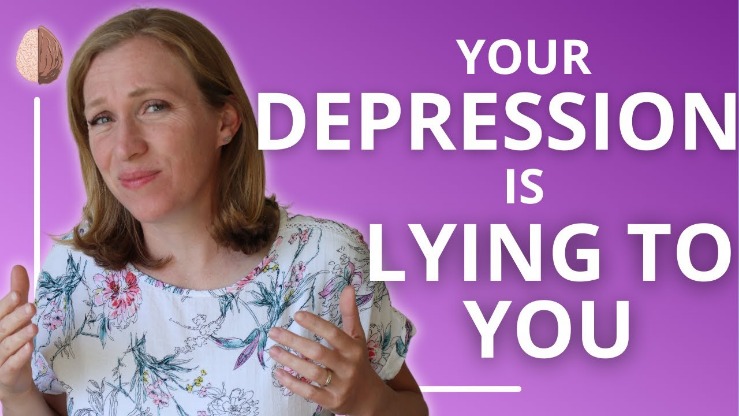Depression is a common mental health disorder that affects millions of people worldwide. Despite its prevalence, there is still a stigma surrounding depression that prevents many individuals from seeking help and receiving proper treatment. It is important to raise awareness and educate others about this debilitating condition to ensure those suffering receive the support they need.
What is Depression?
Depression is a mood disorder characterized by persistent feelings of sadness, hopelessness, and disinterest in activities that were once enjoyable. It can impact a person’s thoughts, emotions, and physical well-being, making it difficult to function in daily life.
Common Symptoms of Depression
- Feelings of sadness or emptiness
- Lack of energy or motivation
- Changes in appetite or weight
- Difficulty concentrating or making decisions
- Sleep disturbances
- Thoughts of self-harm or suicide
Causes of Depression
Depression can be caused by a multitude of factors, including:
- Genetics: Family history of depression can increase one’s risk.
- Brain chemistry: Imbalances in neurotransmitters can contribute to mood disorders.
- Life events: Trauma, loss, or major life changes can trigger depression.
- Medical conditions: Certain illnesses or medications may lead to depressive symptoms.
FAQs about Depression
Read more about Anger here.
Q: Can’t people just “snap out of” depression?
A: Depression is not a sign of personal weakness or laziness. It is a serious medical condition that requires treatment, just like any other illness.
Q: Is medication the only treatment for depression?
A: While medication can be beneficial for some individuals, therapy, lifestyle changes, and support from loved ones can also help manage depressive symptoms.
Q: How can I help someone with depression?
A: Offer your support, listen without judgment, and encourage them to seek professional help. Let them know they are not alone and that you care about their well-being.
By educating ourselves and others about depression, we can break the stigma and provide a supportive environment for those struggling with this mental health disorder. Remember, it’s okay not to be okay, and seeking help is a sign of strength, not weakness.



